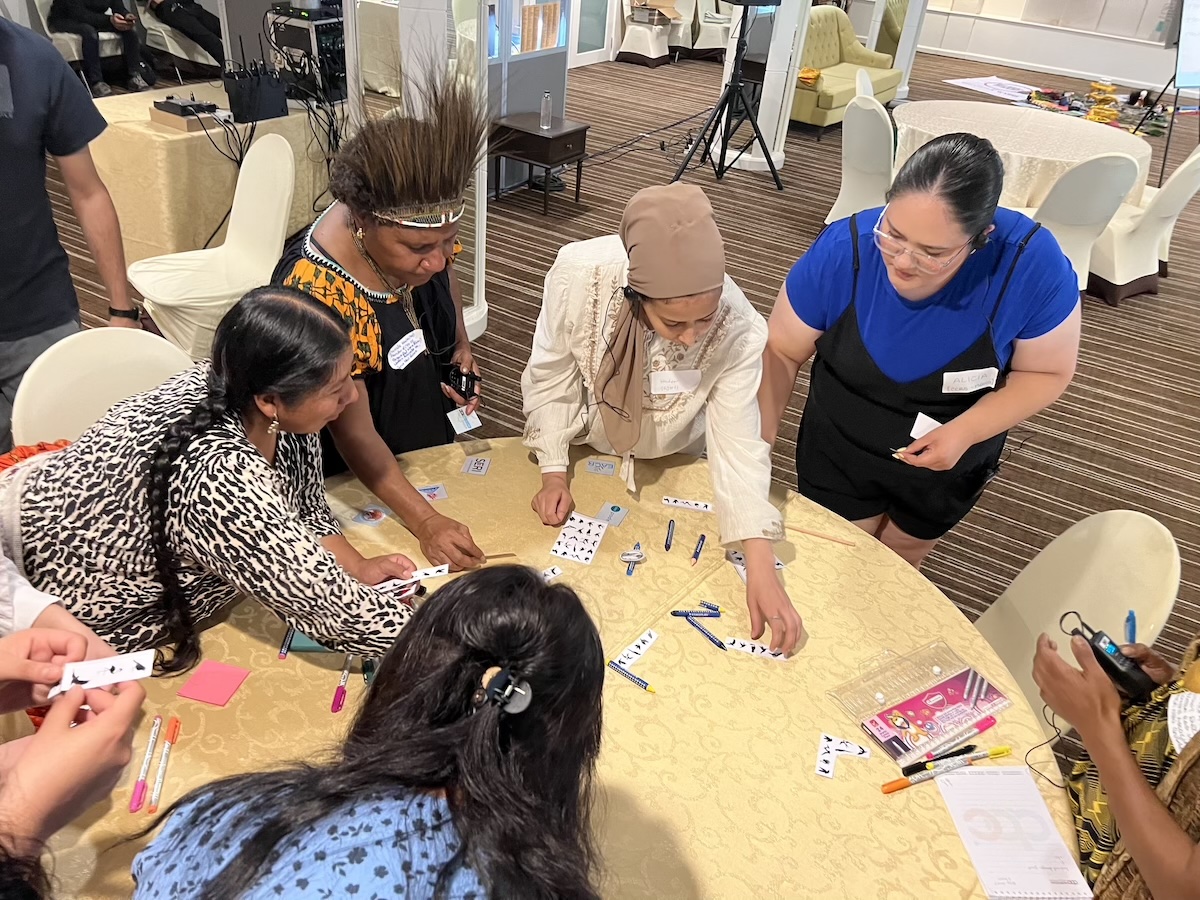Cet effort émerge à un moment où l’ordre juridique international est sous profonde tension. Bien que le droit des droits de l’homme et le droit international humanitaire interdisent clairement le génocide, les crimes de guerre et les crimes contre l’humanité, des États puissants continuent de bloquer leur mise en œuvre, en particulier dans le cas de la Palestine. Dans ce contexte, le leadership démontré par des pays tels que la Colombie et l’Afrique du Sud affirme la capacité des États du Sud global à exercer une pression politique et économique réelle face à des violations massives des droits humains, surtout lorsque d’autres choisissent la complicité ou le silence.
Les mesures annoncées par cette coalition de pays, parmi lesquelles une interdiction des transferts d’armes vers Israël, la révision des marchés publics avec des entreprises liées à l’occupation, et le soutien aux mécanismes de juridiction universelle, sont une réponse concrète à l’inaction prolongée des acteurs les plus puissants du système international. Aujourd’hui, les forces israéliennes laissent mourir de faim des millions de Palestiniens en retenant l’aide prête à être distribuée à Gaza. C’est encore une tactique génocidaire mise en œuvre par la puissance occupante. Dans une cruelle opportunité de profit, des organisations privées d’aide dirigées par les États-Unis et Israël gèrent désormais des centres de distribution alimentaire rares et dangereux. Selon une déclaration du Haut-Commissariat aux droits de l’homme, près de 900 personnes ont été tuées à Gaza en essayant d’accéder à la nourriture au 13 juillet — nombre d’entre elles tuées à proximité de ces centres.
L’analyse du captage corporatif par ESCR-Net — l’influence des sociétés transnationales sur la gouvernance mondiale — contribue à expliquer pourquoi les lois internationales destinées à prévenir le génocide, les crimes contre l’humanité et les crimes de guerre sont si souvent entravées. Dans une déclaration conjointe appuyée par plus de 130 organisations, nous avons affirmé qu’« un embargo sur les armes et des sanctions contre Israël sont urgemment nécessaires », de pair avec la responsabilité des acteurs corporatifs profitant de ces violations. Cet appel se retrouve dans le récent rapport de Francesca Albanese, Rapporteuse spéciale de l’ONU sur la situation des droits de l’homme dans les territoires palestiniens occupés depuis 1967, qui expose comment la complicité des entreprises et des États est intimement liée à la perpétuation de l’occupation israélienne et à sa campagne génocidaire en cours — un enchevêtrement qu’elle décrit comme l’économie du génocide.
Conformément à ces efforts, les membres de ESCR-Net ont appelé à une action décisive pour stopper le génocide. Aujourd’hui, nous rejoignons la Campagne pour l’Embargo Énergétique Global pour la Palestine (GEEP) comme mesure légitime pour perturber la chaîne d’approvisionnement alimentant sa machine de guerre. Nous réitérons également que les acteurs corporatifs, particulièrement dans les secteurs de l’énergie, des transports et de la technologie, doivent être investigués et tenus responsables. Les entreprises ne doivent pas continuer à tirer profit du génocide et de l’apartheid.
D’après le ministère de la Santé de Gaza, entre octobre 2023 et juillet 2025, plus de 58 313 Palestiniens ont été tués dans la bande de Gaza par les forces israéliennes. Le nombre total de morts palestiniens, y compris en Cisjordanie et dans d’autres territoires, dépasse 60 200. Ces chiffres reflètent le coût humain dévastateur d’une campagne militaire génocidaire définie par une force disproportionnée, la destruction massive des infrastructures civiles et l’obstruction systématique de l’aide humanitaire.


